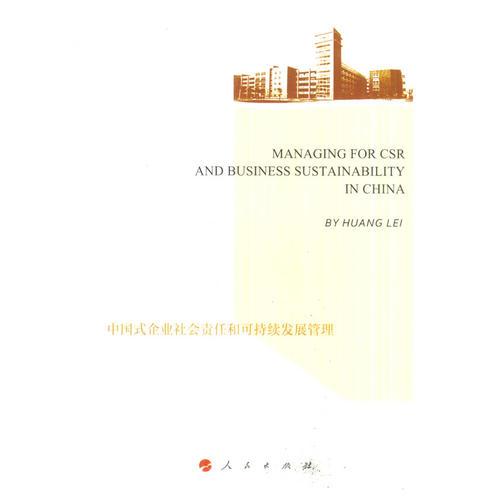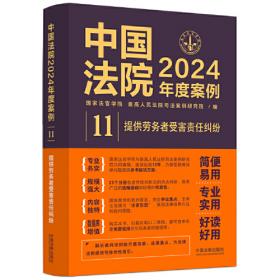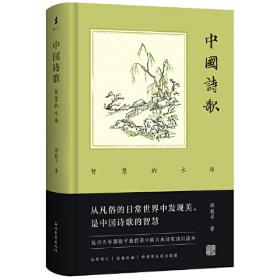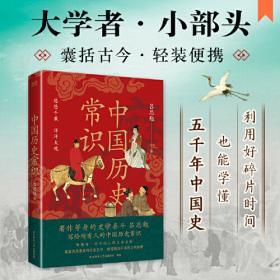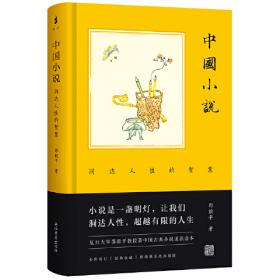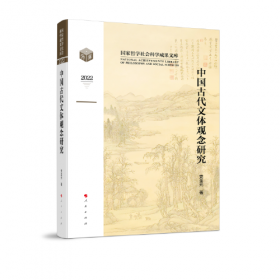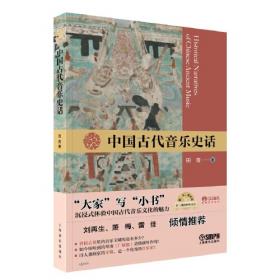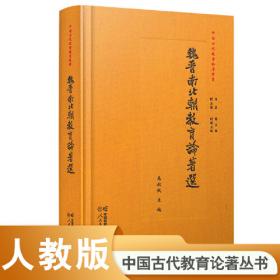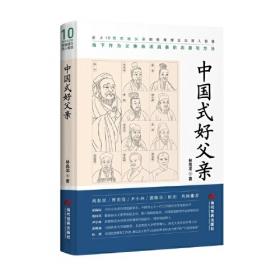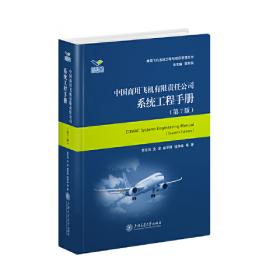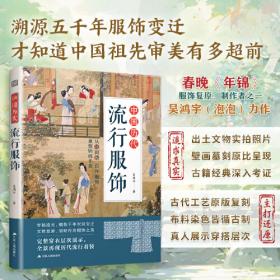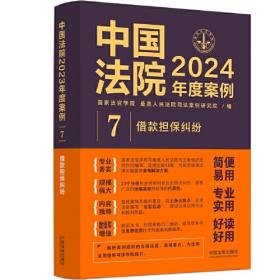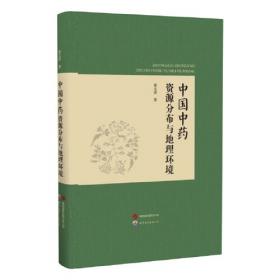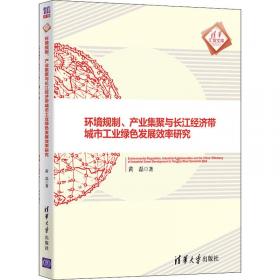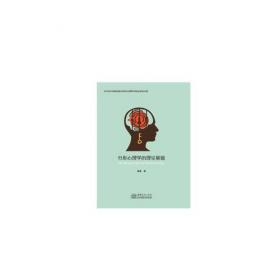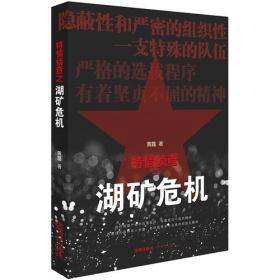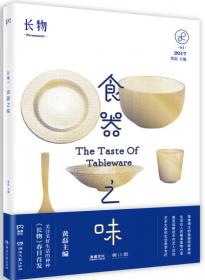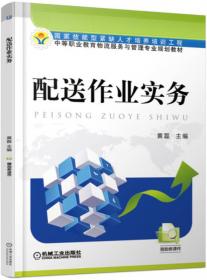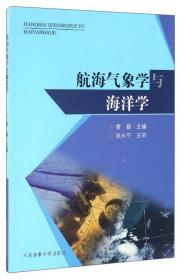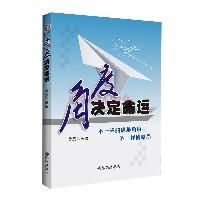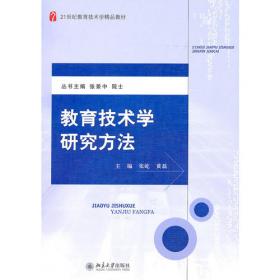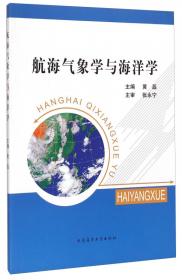中国式企业社会责任和可持续发展管理(英文)
出版时间:
2015-09
版次:
1
ISBN:
9787010149172
定价:
45.00
装帧:
平装
开本:
大32开
纸张:
胶版纸
页数:
495页
字数:
350千字
4人买过
-
Through comprehensive literature review of CSR,Sustainability and Stakeholder theory, and the complimentary study of a large Chinese business that has been successful in applying these concepts within the Chinese context, the author has confirmed the importance of dealing with the context-based features of these concepts when applied within China.Critically, the author also found that implementation cannot be piecemeal but requires an approach that embraces the whole management, leadership and operating systems of the organisation. The book examines the doctrines of Confucianism, Daoism and Buddhism concluding that these doctrines provide supporting foundations for successful CSR and Sustainability initiatives in China. The core element of this process is a human centred harmonious organisational culture driven by visionary leadership.A sustainable business should strive to balance its economic objectives with the requirements of human beings, including the requirements of the ecology.Some suggestions on prevailing CSR and sustainability management models in the West have also been proposed. Huang Lei is an associate professor and former Associate Dean of the School of Management,Executive Dean of the MBA Education Centre,Guangdong University of Foreign Studies, P. R.China. He is an executive member of the Guangdong Society of Economics. Huang Lei obtained his BA in English Literature from Huazhong Normal University and received his Master degree in Economics from Guangxi University. He is a PhD from the University of Technology Sydney, Australia in the field of Management. Huang Lei is a Fulbright Scholar-in-Residence in USA. He used to serve as a professional interpreter and project manager in various international project constructions in Pakistan and Nepal. His research interests include International Business, Economics and Corporate Sustainability. Dr Huang has taught courses such as Global Business, Strategic Management,Managerial Economics, Chinese Business Development & Prospect through the English language in various programs in China, Australia,USA,India and Chile and so forth. Preface
Abstract
1 Introduction
1.1 Sustainability,CSR,harmonious development scheme
1.1.1 The initiation of sustainability and CSR
1.1.2 Evolution of the harmonious development strategy in China
1.1.3 The impacts of harmonious culture on CSR and sus tainability
1.2 The research question,proposition and research design
1.3 Shoetown as an exemplary case in harmonious development
1.4 The significance of this research
1.5 The research pathway and structure of the book
1.6 Summary
2 China: History, Philosophy, Economy, Politics and Harmony Context
2.1 Chinese history and traditional philosophies
2.1.1 Ancient philosophy and mythology
2.1.1.1 Lao Tzu's Dao De Jing
2.1.1.2 Pan Gu and NiiWa
2.1.1.3 The Three Sovereigns and Five Emperors
2.1.1.4 A summary and discussion
2.1.2 The continuity of Chinese culture across different dynasties
2.2 The roots of harmonious culture
2. 2.1 Confucianism
2.2.2 Daoism
2.2.3 Buddhism
2.3 Harmony,the core consistent value
2.4 The spark of sustainabilit)r in ancient China
2.5 Chinese traditional thought on sustainability
2.6 Foundations ofCSRinChina
2.7 Summary
3 Modern China,Challenges and the Harmoruous Development Pattern
3.1 General information of the People's Republic of China
3.2 The emergence of contemporary China
3.2.1 In the beginning(1949-1958)
3.2.2 The Great Leap Forward and Culture Revolution( 1959- 1976 )
3.2.3 The Reform and new Era( 1978-present)
3.3 Major challenges facing China
3.3.1 Political challenges
3.3.2 Social challenges
3.3.3 Economic development issues
3.3.4 Challenges for sustainability
3.4 The harmony development pattern
3.5 Key features of the Chinese culture,business,ideologies and challenges
3.6 Summary
4 The Evolution of Sustainabibty and CSR in the West and China
5 An Investigation into the Stakeholder Theory
6 The Significance of Case Study Method in CSR and Sustainability Research
7 Harmonious CSR and Sustainability at Shoetown:Case Data Analysis
8 An analysis of CSR and Sustainability at Shoetown
9 Findings,lmplications and Conclusions
References
-
内容简介:
Through comprehensive literature review of CSR,Sustainability and Stakeholder theory, and the complimentary study of a large Chinese business that has been successful in applying these concepts within the Chinese context, the author has confirmed the importance of dealing with the context-based features of these concepts when applied within China.Critically, the author also found that implementation cannot be piecemeal but requires an approach that embraces the whole management, leadership and operating systems of the organisation. The book examines the doctrines of Confucianism, Daoism and Buddhism concluding that these doctrines provide supporting foundations for successful CSR and Sustainability initiatives in China. The core element of this process is a human centred harmonious organisational culture driven by visionary leadership.A sustainable business should strive to balance its economic objectives with the requirements of human beings, including the requirements of the ecology.Some suggestions on prevailing CSR and sustainability management models in the West have also been proposed.
-
作者简介:
Huang Lei is an associate professor and former Associate Dean of the School of Management,Executive Dean of the MBA Education Centre,Guangdong University of Foreign Studies, P. R.China. He is an executive member of the Guangdong Society of Economics. Huang Lei obtained his BA in English Literature from Huazhong Normal University and received his Master degree in Economics from Guangxi University. He is a PhD from the University of Technology Sydney, Australia in the field of Management. Huang Lei is a Fulbright Scholar-in-Residence in USA. He used to serve as a professional interpreter and project manager in various international project constructions in Pakistan and Nepal. His research interests include International Business, Economics and Corporate Sustainability. Dr Huang has taught courses such as Global Business, Strategic Management,Managerial Economics, Chinese Business Development & Prospect through the English language in various programs in China, Australia,USA,India and Chile and so forth.
-
目录:
Preface
Abstract
1 Introduction
1.1 Sustainability,CSR,harmonious development scheme
1.1.1 The initiation of sustainability and CSR
1.1.2 Evolution of the harmonious development strategy in China
1.1.3 The impacts of harmonious culture on CSR and sus tainability
1.2 The research question,proposition and research design
1.3 Shoetown as an exemplary case in harmonious development
1.4 The significance of this research
1.5 The research pathway and structure of the book
1.6 Summary
2 China: History, Philosophy, Economy, Politics and Harmony Context
2.1 Chinese history and traditional philosophies
2.1.1 Ancient philosophy and mythology
2.1.1.1 Lao Tzu's Dao De Jing
2.1.1.2 Pan Gu and NiiWa
2.1.1.3 The Three Sovereigns and Five Emperors
2.1.1.4 A summary and discussion
2.1.2 The continuity of Chinese culture across different dynasties
2.2 The roots of harmonious culture
2. 2.1 Confucianism
2.2.2 Daoism
2.2.3 Buddhism
2.3 Harmony,the core consistent value
2.4 The spark of sustainabilit)r in ancient China
2.5 Chinese traditional thought on sustainability
2.6 Foundations ofCSRinChina
2.7 Summary
3 Modern China,Challenges and the Harmoruous Development Pattern
3.1 General information of the People's Republic of China
3.2 The emergence of contemporary China
3.2.1 In the beginning(1949-1958)
3.2.2 The Great Leap Forward and Culture Revolution( 1959- 1976 )
3.2.3 The Reform and new Era( 1978-present)
3.3 Major challenges facing China
3.3.1 Political challenges
3.3.2 Social challenges
3.3.3 Economic development issues
3.3.4 Challenges for sustainability
3.4 The harmony development pattern
3.5 Key features of the Chinese culture,business,ideologies and challenges
3.6 Summary
4 The Evolution of Sustainabibty and CSR in the West and China
5 An Investigation into the Stakeholder Theory
6 The Significance of Case Study Method in CSR and Sustainability Research
7 Harmonious CSR and Sustainability at Shoetown:Case Data Analysis
8 An analysis of CSR and Sustainability at Shoetown
9 Findings,lmplications and Conclusions
References
查看详情
-
 7
7
八五品
北京市房山区
平均发货11小时
成功完成率100%

 占位居中
占位居中

